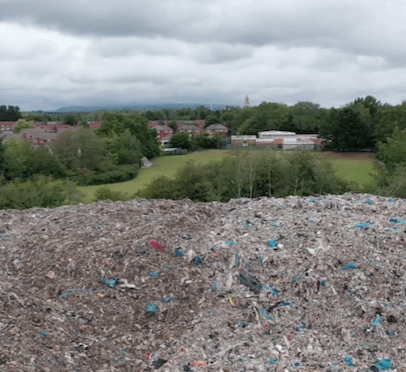
在英國存在大量包裝浪費的原因有以下幾點:
消費文化:英國的消費文化傾向追求方便,並且常常將高包裝量與質量相提並論。消費者傾向選擇易於使用和丟棄的產品,這可能導致更多的包裝浪費。
網購:網購的興起增加了英國產生的包裝浪費量。許多網店在運輸產品時使用過度包裝來保護商品,這可能導致大量浪費。
缺乏監管:目前在英國沒有足夠的監管措施限制企業使用包裝的數量。這意味著許多企業使用過度的包裝作為營銷工具,而不是專注於減少浪費。
回收基礎設施:儘管英國近年來在回收方面取得了顯著進展,但回收基礎設施仍不足以處理產生的所有包裝浪費。這可能導致多餘的廢棄物被送往填埋場或焚化爐,而不是被回收。
一次性塑料:一次性塑料,如吸管、餐具和食品包裝,是英國包裝浪費的重要原因。儘管有努力減少一次性塑料的使用,但它們仍然在許多行業中被廣泛使用。
總的來說,英國的包裝浪費問題是一個複雜的問題,受到多種因素的影響,包括消費者行為、企業做法和回收基礎設施。解決這個問題需要多方面的方法,包括監管、教育和投資回收基礎設施。
There are several reasons why there is a significant amount of packaging waste in the UK:
- Consumer Culture: The UK has a consumer culture that prioritizes convenience and often equates high levels of packaging with quality. Consumers tend to prefer products that are easy to use and dispose of, which can lead to a higher amount of packaging waste.
- Online Shopping: The rise of online shopping has increased the amount of packaging waste generated in the UK. Many online retailers use excess packaging to protect items during shipping, which can result in significant amounts of waste.
- Lack of Regulation: There are currently limited regulations in place to limit the amount of packaging used by businesses. This means that many companies use excessive packaging as a marketing tool, rather than focusing on reducing waste.
- Recycling Infrastructure: While the UK has made significant progress in recycling in recent years, the recycling infrastructure is still not sufficient to handle all of the packaging waste generated. This can lead to excess waste being sent to landfills or incinerated, rather than being recycled.
- Single-Use Plastics: Single-use plastics, such as straws, cutlery, and food packaging, are a significant contributor to packaging waste in the UK. While there have been efforts to reduce the use of single-use plastics, they continue to be used extensively in many industries.
Overall, the amount of packaging waste in the UK is a complex issue that is influenced by a range of factors, including consumer behavior, business practices, and the recycling infrastructure. Addressing this issue will require a multi-faceted approach that includes regulation, education, and investment in recycling infrastructure.




